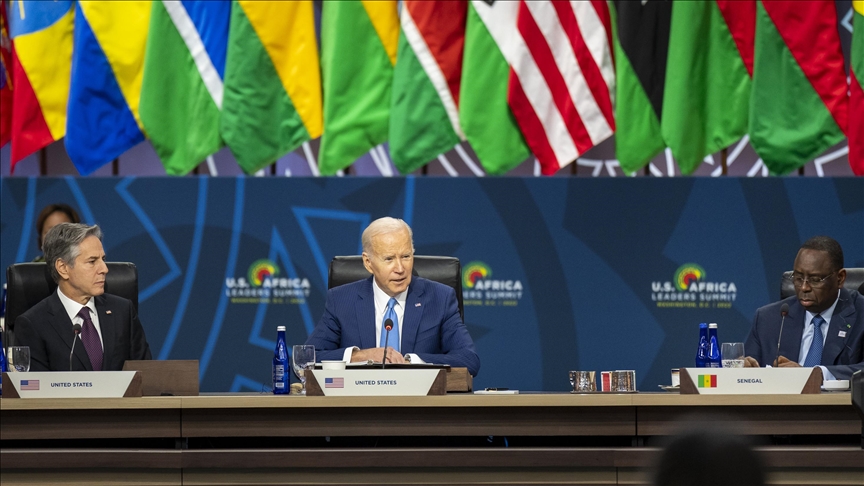In recent decades, the economic partnership between the United States and Africa has undergone a remarkable evolution, transitioning from traditional aid-oriented approaches to a more dynamic focus on trade and investments. This shift reflects a changing perspective and a burgeoning interest in the vast opportunities that the African continent presents. The momentum gained from the US-Africa Leaders Summit in December 2022 marked a pivotal moment, triggering a year of exceptional engagement initiated by President Biden. This sustained effort yielded substantial achievements and witnessed the fulfillment of commitments made during the landmark Summit.
One of the standout accomplishments of this intensified engagement is the surpassing of the U.S. administration’s commitment to invest a substantial $55 billion in Africa over a three-year period. This financial commitment underscores a profound dedication to fostering economic development, sustainability, and mutual prosperity on the African continent.
A notable aspect of this commitment is the U.S. focus on large-scale infrastructure projects in Africa, which have increasingly become a magnet for institutional investors seeking long-term returns and the opportunity to make a substantial social and economic impact. Recognizing the critical role infrastructure plays in unlocking a nation’s growth potential, the U.S. administration has strategically directed its investments towards transformative projects in key sectors such as transportation, energy, water, and telecommunications.
The appeal of such projects lies not only in their potential for financial returns but also in their capacity to address Africa’s significant infrastructure financing gap. The continent’s burgeoning population and economic aspirations necessitate substantial investments to bridge this gap. It is estimated that an annual funding of $130 to $170 billion is required for infrastructure development, presenting a compelling case for sustained U.S. involvement.
In this endeavor, public-private partnerships (PPPs) have emerged as a crucial mechanism to mobilize resources and expertise, bringing together the strengths of both the public and private sectors. These collaborations play a pivotal role in ensuring the successful implementation of large-scale infrastructure projects, contributing to the development of robust and sustainable systems that can withstand the test of time.
The benefits of bridging Africa’s infrastructure financing gap are manifold. Improved infrastructure not only facilitates economic growth but also enhances access to essential services, education, and employment opportunities. By strategically investing in projects that address transportation challenges, provide reliable energy sources, ensure water accessibility, and enhance telecommunications networks, the U.S. is actively contributing to the creation of an enabling environment for sustainable development across the continent.
Among the sectors garnering considerable attention is the energy sector, where Africa boasts abundant renewable resources. The transition to a green energy powerhouse aligns with global efforts to combat climate change and presents significant opportunities for U.S. institutional investors. By channeling funds into renewable energy projects, the U.S. contributes to Africa’s ability to harness its natural resources sustainably, reducing reliance on traditional energy sources and mitigating the environmental impact.
Furthermore, this strategic focus on sustainable infrastructure aligns with broader development goals, emphasizing the importance of creating resilient and inclusive economies. The U.S. administration’s commitment to addressing the infrastructure financing gap reflects a comprehensive understanding of the interconnected nature of economic development, poverty reduction, and sustainable growth.
As the U.S. continues to strengthen its economic ties with Africa, the emphasis on investments over aid signals a departure from traditional models of engagement. This evolution underscores a commitment to mutual benefit and shared prosperity, where African nations are not merely recipients of assistance but active partners in fostering economic resilience and sustainability.
In conclusion, the transformative shift in the U.S.-Africa economic relationship, from aid to strategic investments, represents a paradigmatic change in approach. The commitment to invest $55 billion in Africa, particularly in large-scale infrastructure projects, demonstrates a forward-looking perspective that recognizes the potential for impactful and sustainable development. As the partnership continues to deepen, the collaborative efforts between the United States and Africa are poised to shape a more prosperous and interconnected future for both regions.
Source: Yahoo Finance



















Leave a Reply